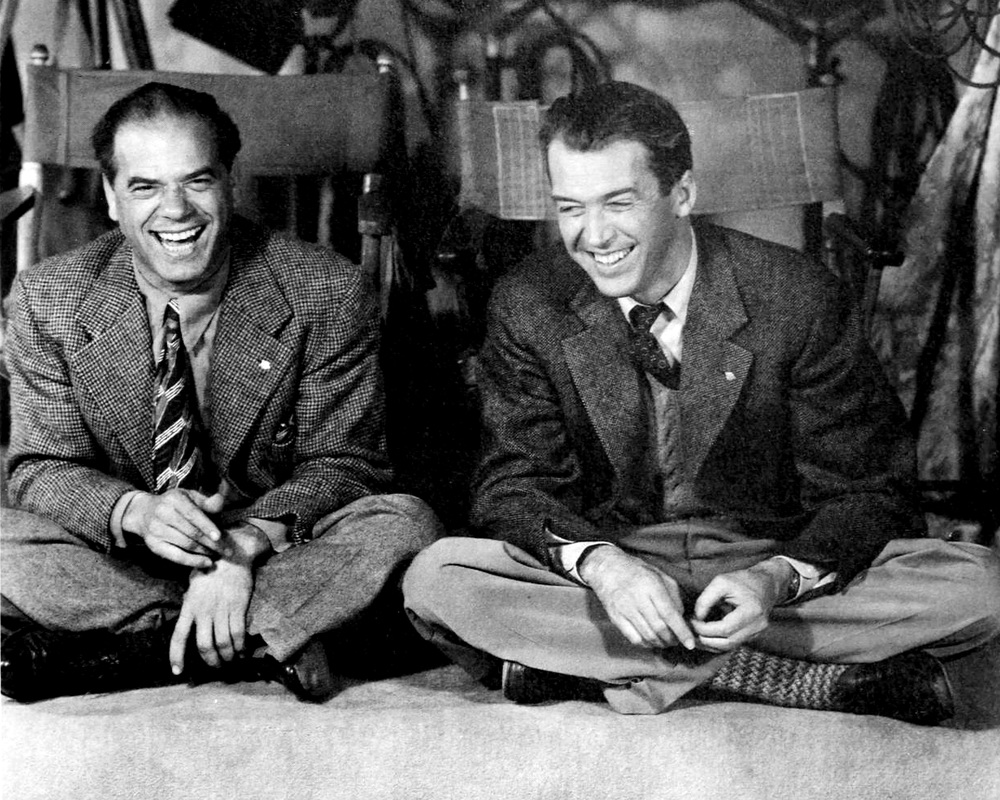Kelly Brooks/Getty Images/Illustration Works
A single question asked at an annual checkup — whether parents have trouble making ends meet — could help pediatricians identify children at risk for serious health problems associated with poverty and the chronic levels of stress that often accompany it.
The American Academy of Pediatrics urges members to ask if their patients’ families are struggling financially and then commit to helping them get the resources they need to thrive. And some communities are trying to make that happen.
Since almost half of young children in the United States live in poverty or near poverty, it’s no small challenge.
The Center for Youth Wellness, located in San Francisco’s low-income Bayview Hunters Point neighborhood, is working with the pediatricians’ organization on a national campaign, Children Can Thrive, to raise awareness about the impact of a range of childhood stressors, known as adverse childhood experiences, or ACEs. These experiences of abuse, neglect or household dysfunction can have grave implications for both child and adult health.
In screening children for ACEs, the Center recognizes a “high relationship” between low incomes and harmful stressors. Although children from any economic status can live with ACES, exposure is greater for children who live in poverty, says Mark Cloutier, executive director of the Center.
The ACE screening test is simple; 10 questions that an adult or child can answer in a few minutes. (You can take it below.) But doctors aren’t taught about ACE scores in medical school, and some are reluctant to give patients the test because they think it’s too invasive or brings up problems that can’t be treated. That’s not true, researchers say.
Knowing that a child lives in poverty “changes everything,” says Dr. Susan Briner, medical director at the Bayview Child Health Center. Briner knows to expect that there may be more emergency room visits in families with low incomes “because if parents miss a day of work for an office visit, that can be catastrophic to their housing or family budget.”
Earlier this year the AAP, which represents 64,000 pediatricians, published a policy statement and technical report on how poverty affects children’s health in the academy’s journal Pediatrics. Lead author James Duffee, a child psychiatrist in Columbus, Ohio, says the policy represents “a new emphasis on the health of children in communities, trying to get pediatricians to think broadly about the context in which a child is born.”
According to the report, poor children have higher rates of low birth weight, infant mortality and chronic illnesses such as asthma, Type 2 diabetes and obesity.
According to Duffee, toxic stress has also been proved to disrupt the architecture of the developing brain, damaging the prefrontal cortex, which is responsible for impulse control, planning and thinking about consequences.
But the effects of poverty can be mitigated, and that’s where early intervention can help. “There is a way that we can change toxic stress into tolerable stress,” says Duffee. He cites the developing science on resilience, which shows that growing up in a close, supportive relationship with an emotionally attached adult can help a child overcome adversity.
By promoting those early attachments, pediatricians and other adults can help young people develop protective factors and head off potentially serious health effects. “One of the changes in pediatric practice is looking for ways we can promote relational health and not just physical or medical health,” says Duffee.
Families aren’t as averse to talking about their economic situation as doctors may think.
“I think it’s a great question to ask,” says Lottie Titus, a San Francisco resident who shares parenting of her three grandchildren. Titus says talking about finances with a family doctor “can establish why there are so many illnesses, so many challenges, so much depression.”
Titus’ grandkids “have been exposed to a lot,” she says. “All their lives they’ve lived in public housing.” The children, ages 10 to 14, also have health problems, from Type 1 diabetes to asthma and emotional problems. All three children see a therapist.
They are also involved in community programs such as Big Brothers Big Sisters of the Bay Area and the youth development organization City of Dreams. Titus said it was the children’s pediatrician who ensured that Titus was connected with these services: “She referred me to many programs that have been beneficial to the children, pointing them in the direction of the services that they needed, that helped them to be well-rounded.” Titus has since become a community liaison with City of Dreams, providing information and resources to youth and families living in San Francisco public housing.
That’s the model of engaged pediatric practice the pediatricians hope to see replicated nationwide.
This story was produced by Youth Today, a national news source for youth-service professionals, including child welfare and juvenile justice, youth development and out-of-school-time programming.
Let’s block ads! (Why?)




